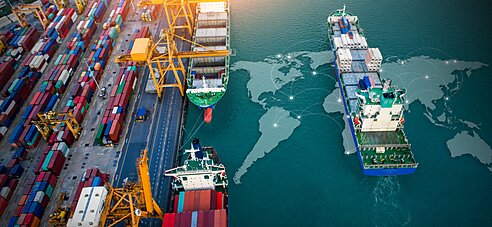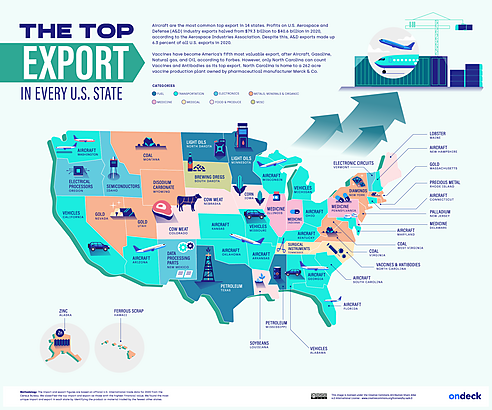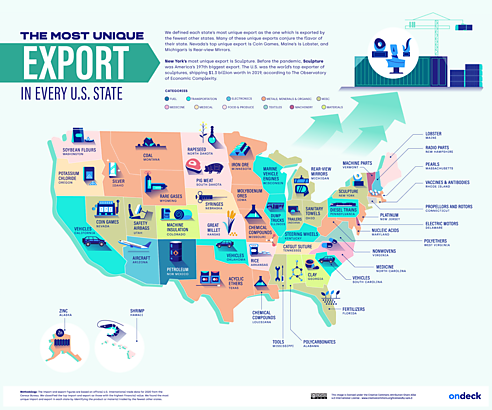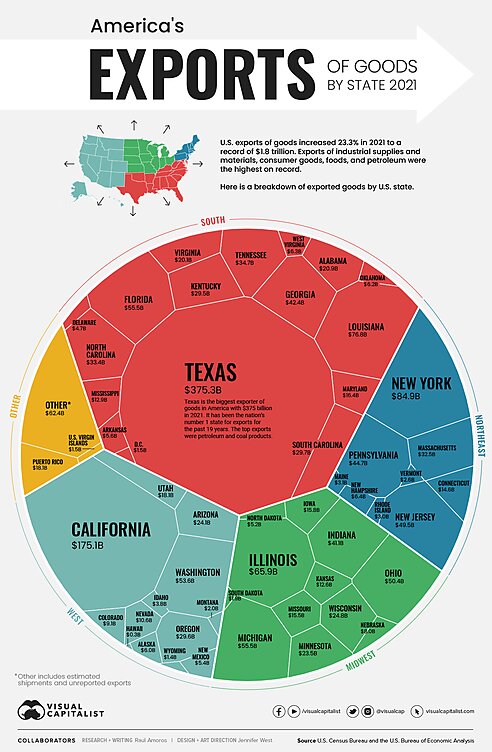Step One: Ask the class, “Now that we know trade can be beneficial, how can countries and businesses decide what products to produce?” Point out that even if one country can outperform another country in producing all goods and services, it still can be beneficial to trade; in fact, it can raise the standard of living in both countries. Key takeaway: Even if one country is better at everything, it can still find trading partners to trade with that will make both countries better off than before trade. In fact, the more different a country is from another, the more it will benefit from trading.
Define absolute and comparative advantage:
Absolute advantage: The ability to produce more output with the same amount of input, or the ability to produce the same output with fewer inputs.
Comparative advantage: The ability of a country to produce a good or service at a lower opportunity cost than another country.
Read to the class or discuss a real‐world example of absolute advantage and comparative advantage, such as the following:
Imagine that a lawyer can type 100 words a minute and earns $200 for legal services. Even though the lawyer can type 100 words a minute, they still choose to hire a secretary who is a slower typer, at 50 words a minute. This decision can be explained by the concepts of absolute and comparative advantage.
Remember, absolute advantage refers to a person’s ability to produce more of a given product or service than another person in the same amount of time. In this case, the lawyer has an absolute advantage in typing speed and legal services. However, comparative advantage considers the opportunity cost of producing a particular product or service. The opportunity cost for the lawyer to spend time typing instead of focusing on legal work is much higher than the opportunity cost for the secretary, who earns $50 an hour and is primarily hired to type. Thus, even though the lawyer is a faster typer, the comparative advantage lies with the secretary, who can produce the same output at a lower opportunity cost. In addition, the lawyer’s hourly rate is significantly higher than the secretary’s, so it is more cost‐effective for the lawyer to delegate typing tasks to the secretary and focus on higher‐value legal work. In conclusion, the lawyer has the comparative advantage in legal services and the secretary in typing, despite the lawyer being a faster typer.
Step Two: Show this video clip from Marginal Revolution University (show from the beginning to 6:06). Then discuss the following questions with the class, or have students answer them.
- How does specialization lead to gains from trade, and what are some examples of specialization in different countries around the world?
- How does comparative advantage relate to the concept of opportunity cost, and how can it be calculated?
- How can countries with limited resources or underdeveloped economies benefit from comparative advantage?




